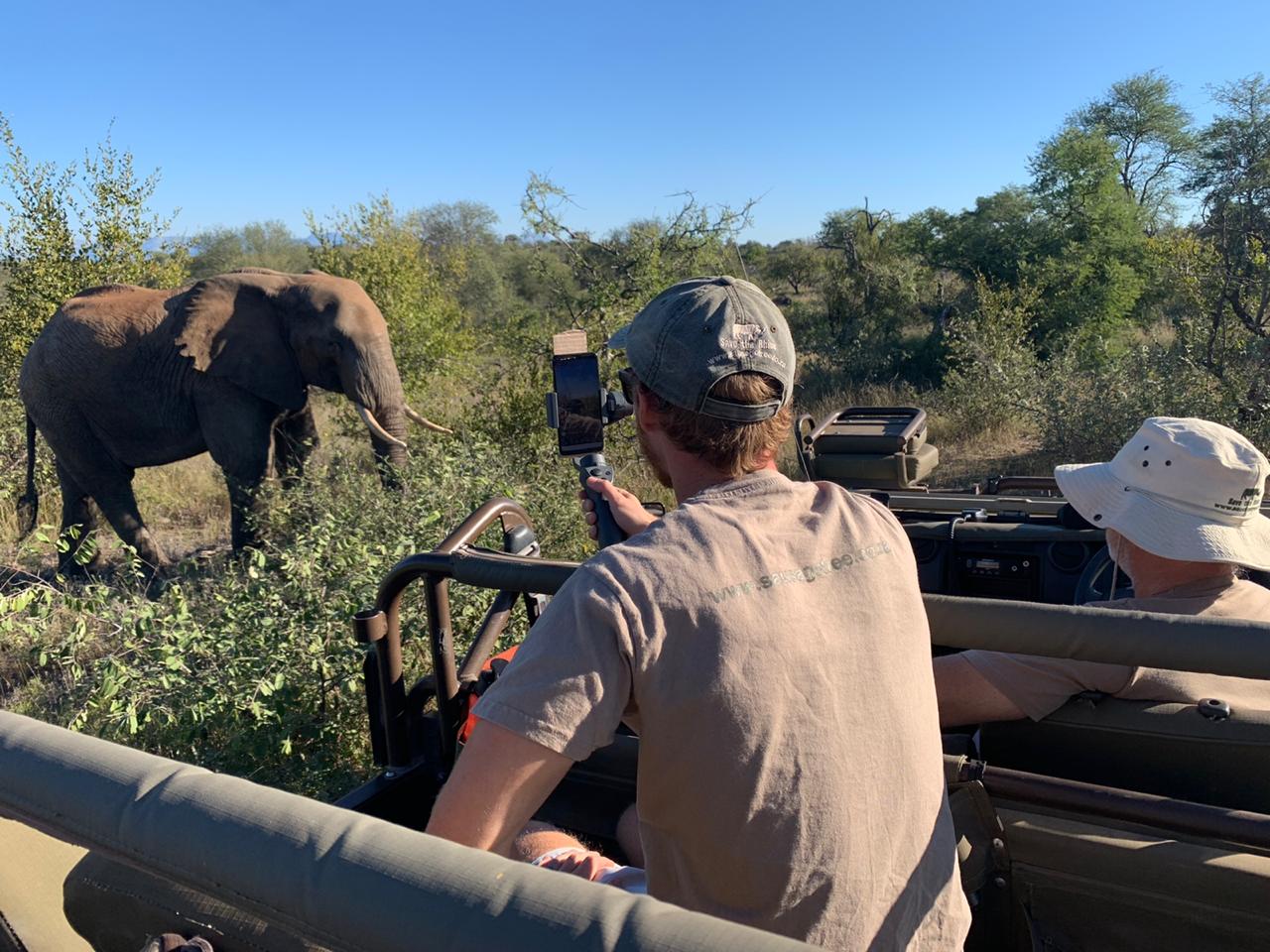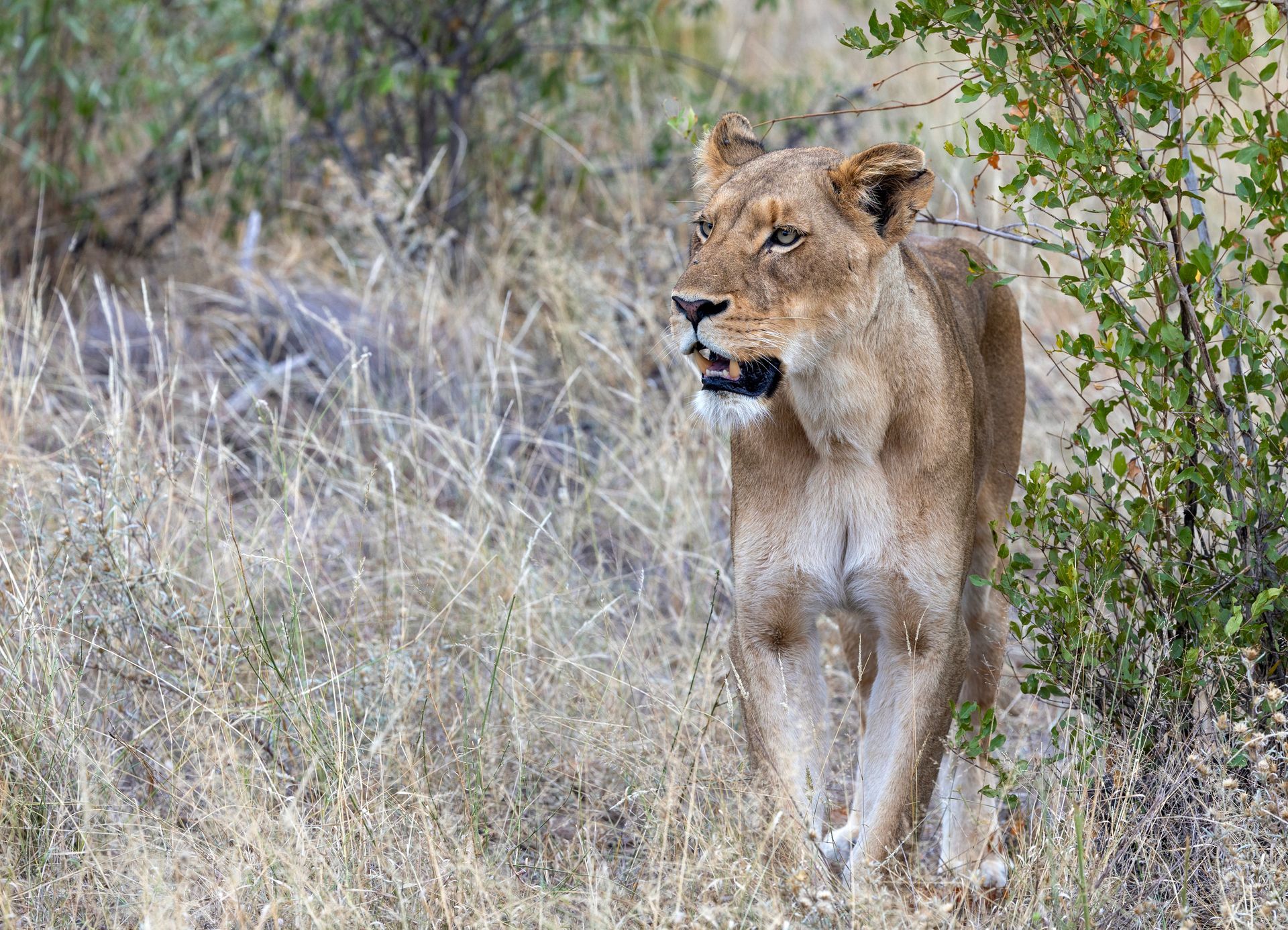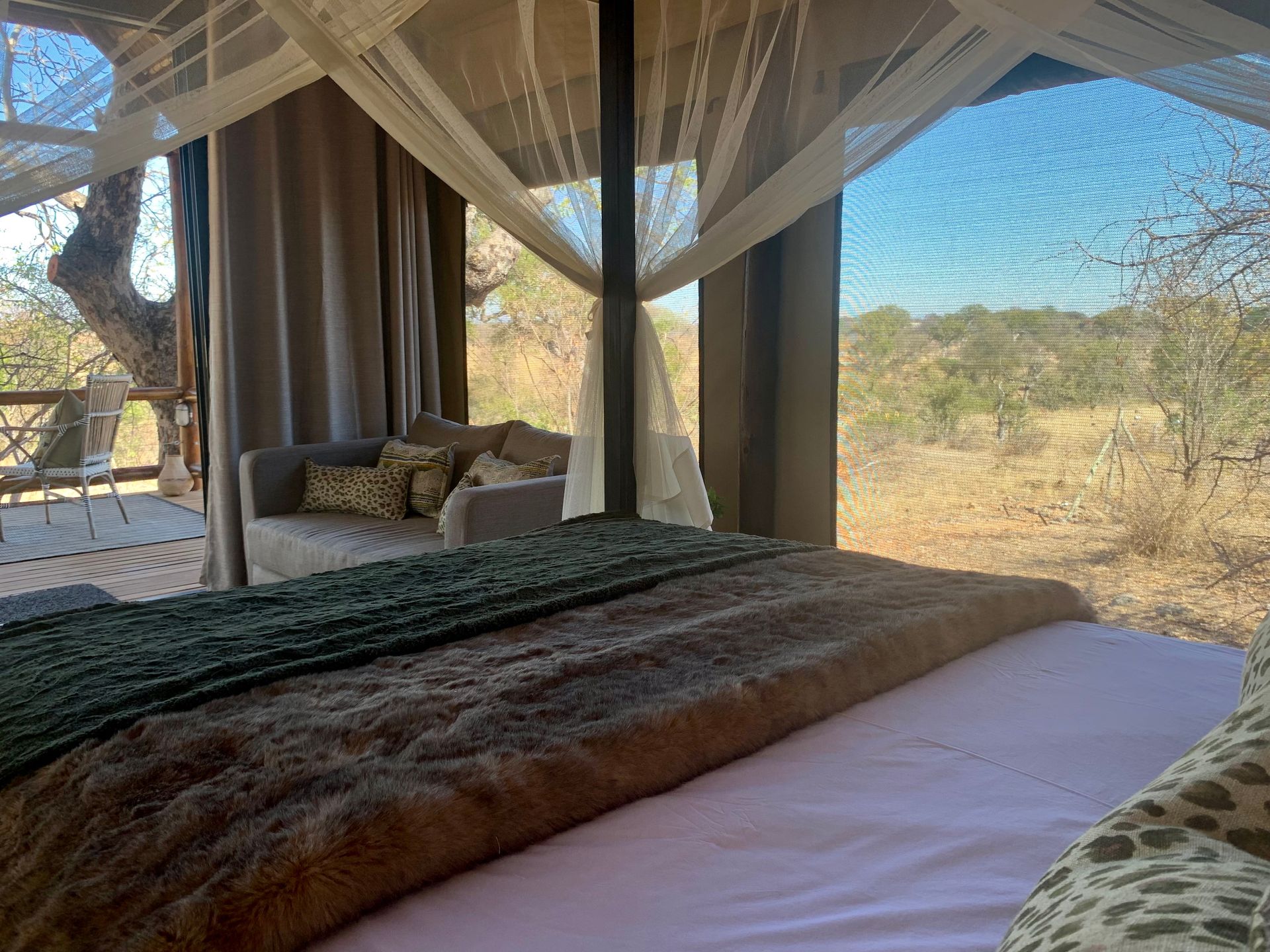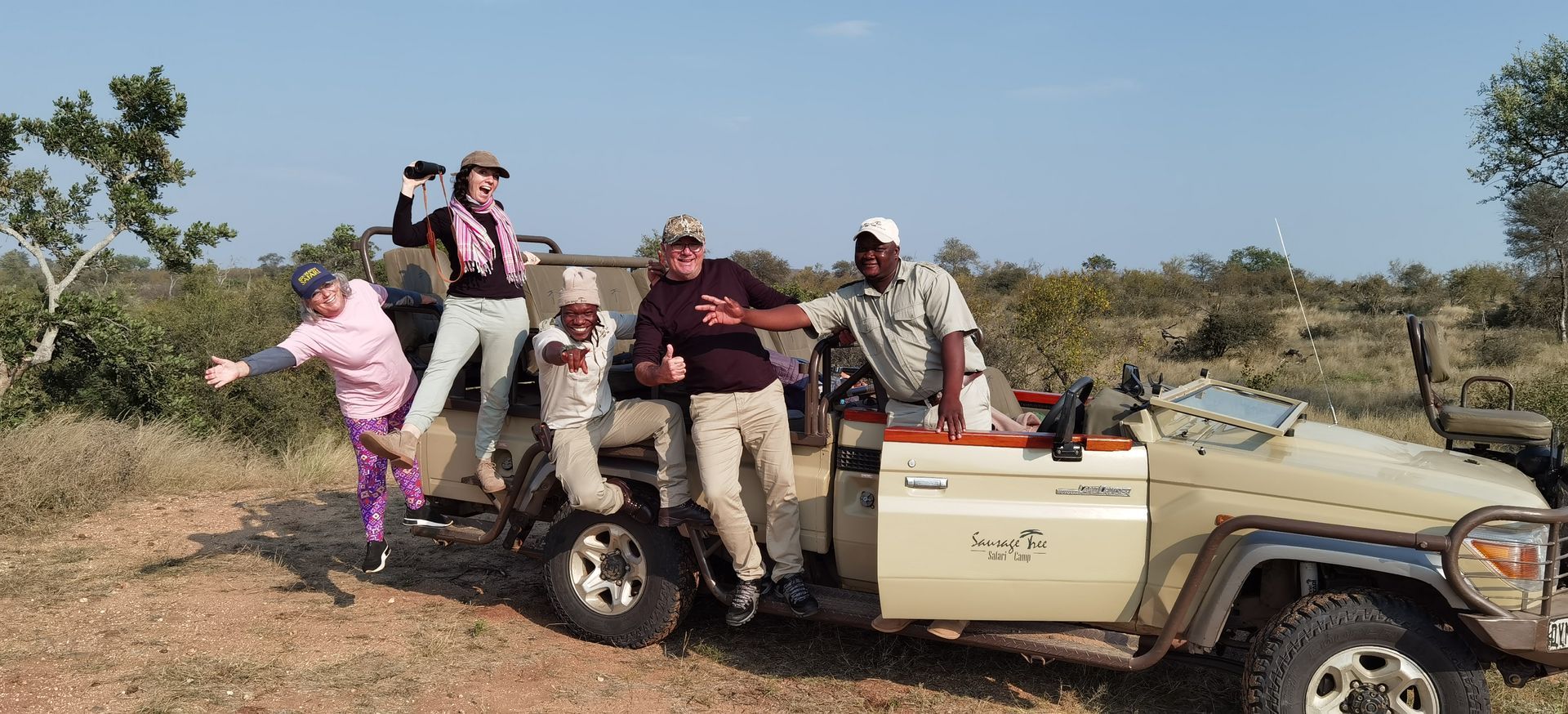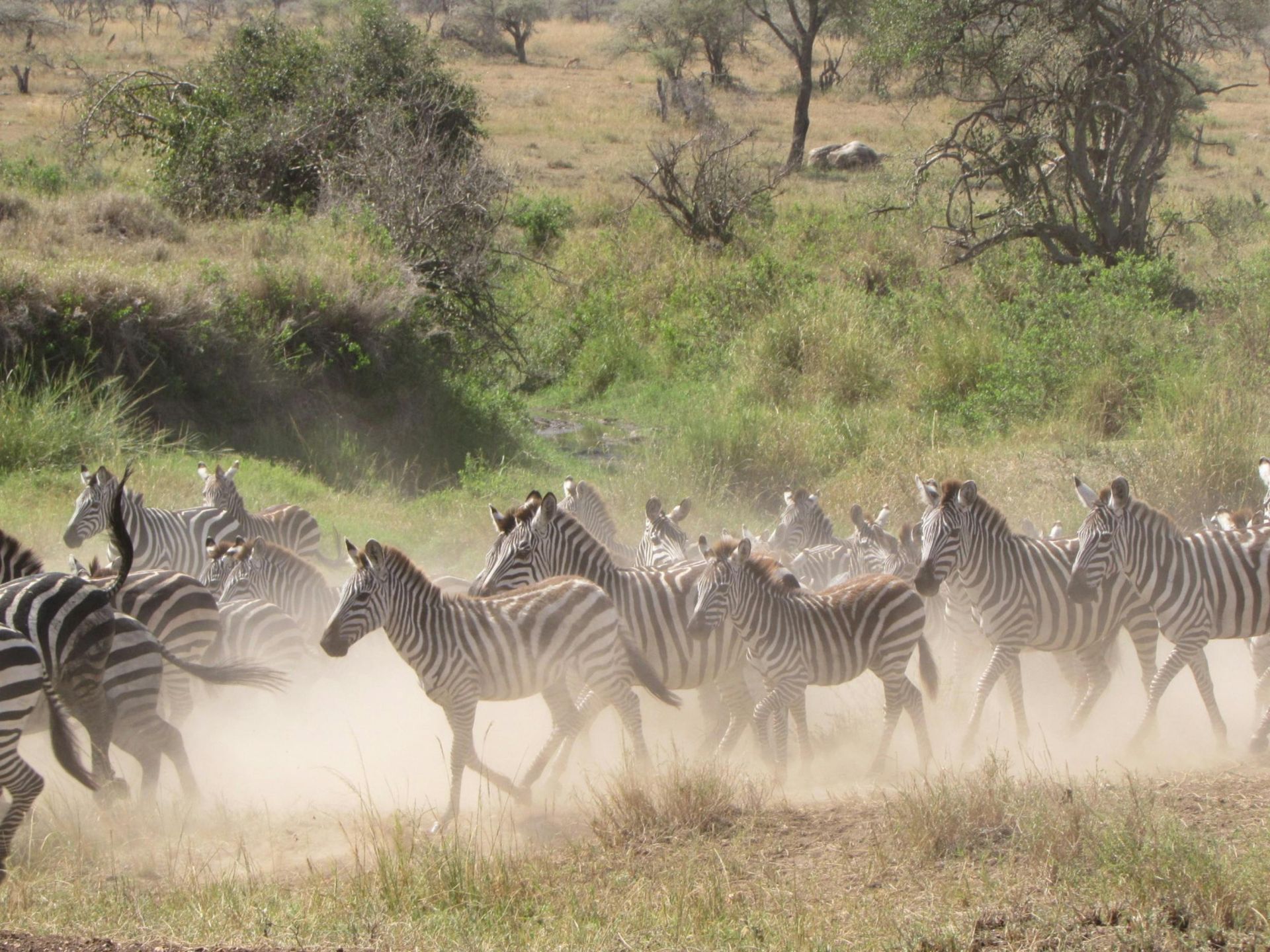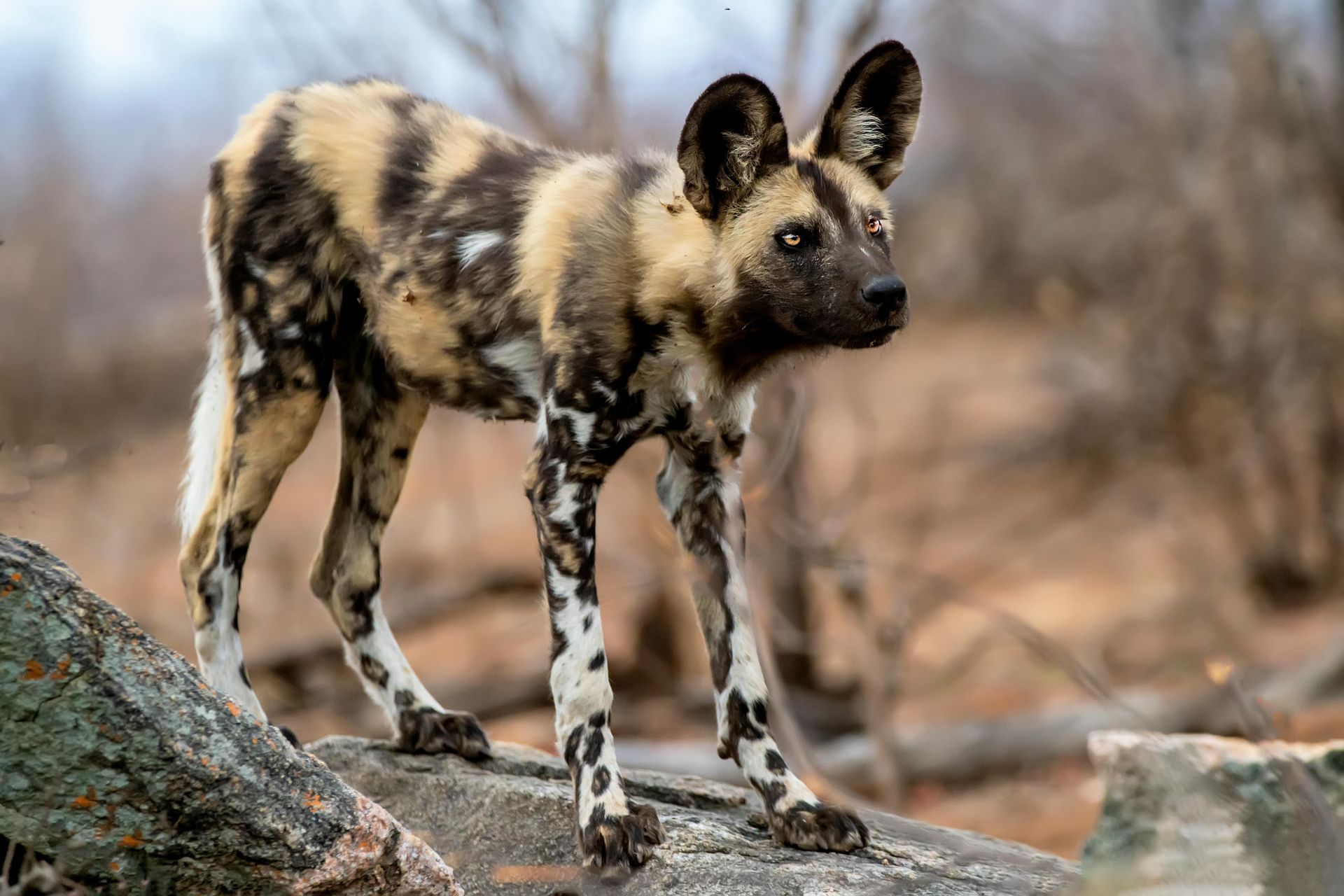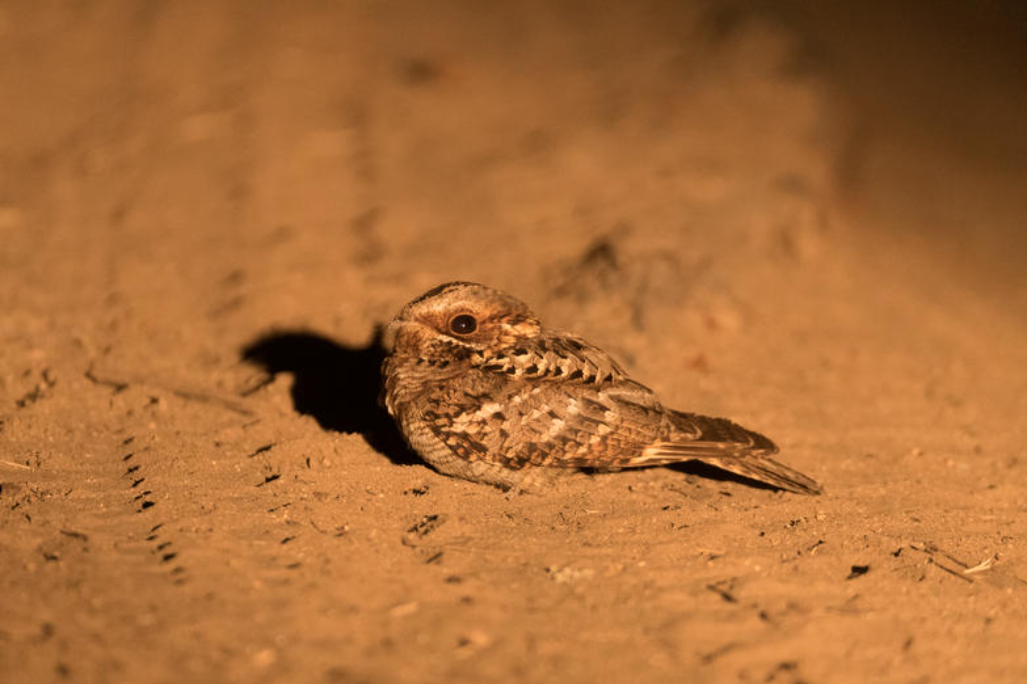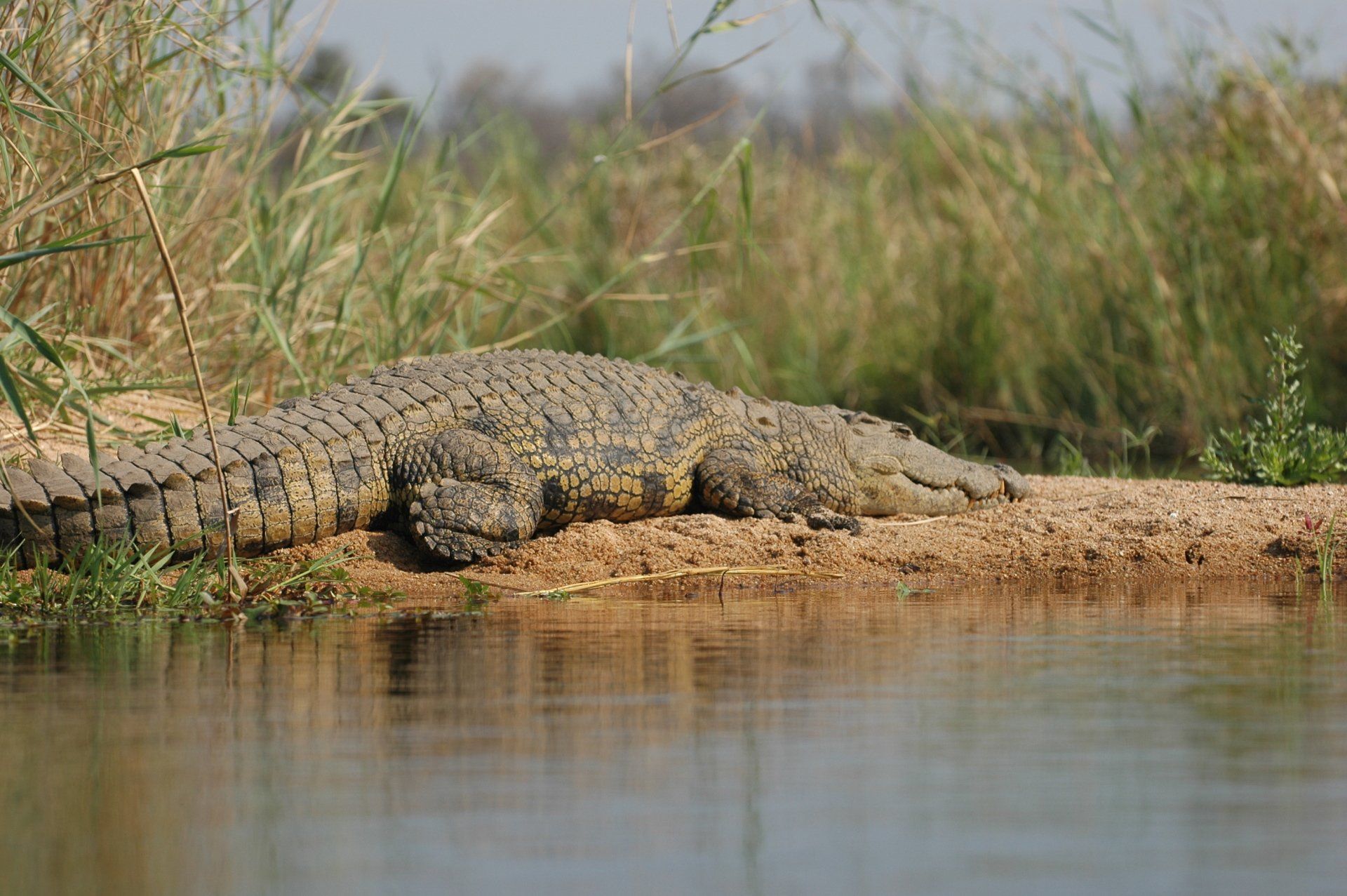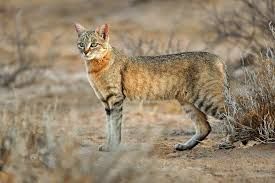
An African icon...
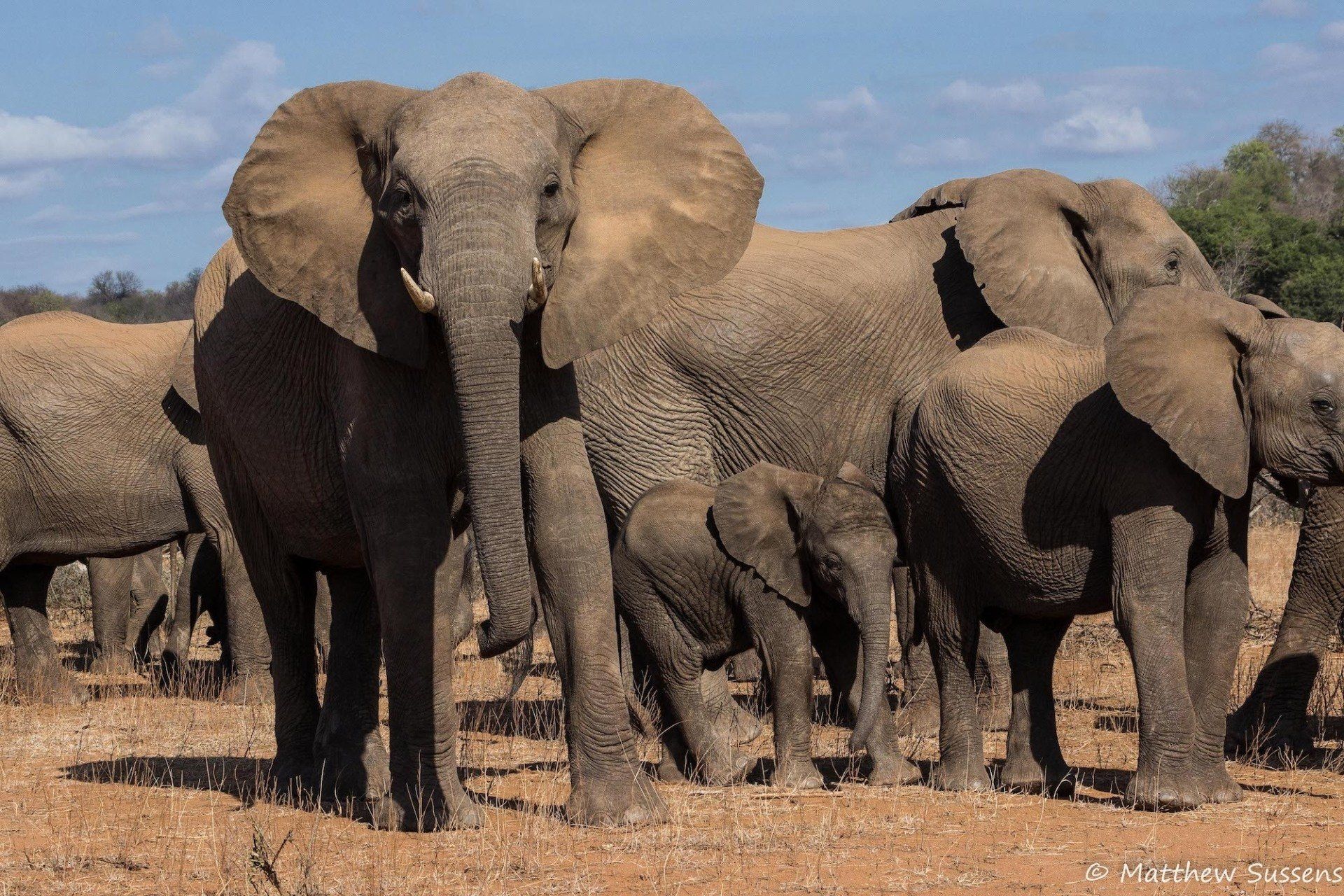
Of all of the animals of Africa, perhaps the most beloved and revered is it's one, true giant - the African elephant. The world's largest land mammal is also Africa's biggest icon, and, sadly, one of its most threatened, thanks to the demand for ivory.
It's said we lose 100 elephants a day here in Africa to ivory poaching. That's one elephant every 15 minutes. Gone. Forever. On the Olifants West Nature Reserve, home to Sausage Tree Safari Camp, our elephant population is well-protected, and shared with the Greater Kruger, moving freely between the reserves that make up this amazing grouping, including the legendary Kruger National Park itself.
We regularly see large breeding herds on game drives as well as some magnificent individual bulls and bachelor groups and consider it a privilege to get sight of them, switching off our vehicles where we can to spend time, quietly observing them and appreciating their presence.
Elephants are, quite simply, incredible mammals. Intelligent, emotional, empathetic and acknowledged as being sentient. They are capable of using tools, recognise themselves in mirrors, have incredible spatial awareness and recent research has even shown that they are able to work out which humans are the most dangerous, giving them the ability to classify us into groups that pose different degrees of danger!
Elephants "grieve" for their dead and offer assistance to others in their family unit in distress. The oldest members of herds have innate "wisdom" and store knowledge and experience of both their social groups and their environment. They are able to hear and communicate over enormous distances through low-frequency, infrasonic rumbles and other vocalisations, including trumpeting, as well as foot stomping, which resonate at a frequency other elephants can detect through the ground. They have enlarged ear bones and sensitive nerve endings in their feet and trunks and "hear" these sounds through the soft skin pads on their feet, picking up the sensitive, seismic vibrations and are thought to also lay their trunks on the ground to detect vibrations.
There is so much that has been written about elephants, so many facts and figures, so much research done by so many that sheds light on their way of life and so much more to learn. And there is so much being done throughout Africa to try and protect them from their biggest threat - us. It's sometimes hard to cut through this mountain of information and focus on what we can do to help ensure our children and grandchildren live in a world where African elephants still roam wild and free. Here at Sausage Tree Safari Camp we believe that protecting their habitat is key to the survival of elephants. Their range is hampered by human expansion and human competition for the same resources - access to water and food. It's restricted by the fence lines we put up to both protect them and us. Elephants need space, and it's up to us to ensure that there is enough space for them, and that we learn to live alongside them through better understanding their needs.
Our role is easy - by helping our guests to understand these incredible animals we create elephant ambassadors who help to fuel and drive conservation programmes. And through these programmes we are slowly finding ways to co-exist with this most wonderful African icon. And hope for their future.
Come and see this African Icon at Sausage Tree Safari Camp
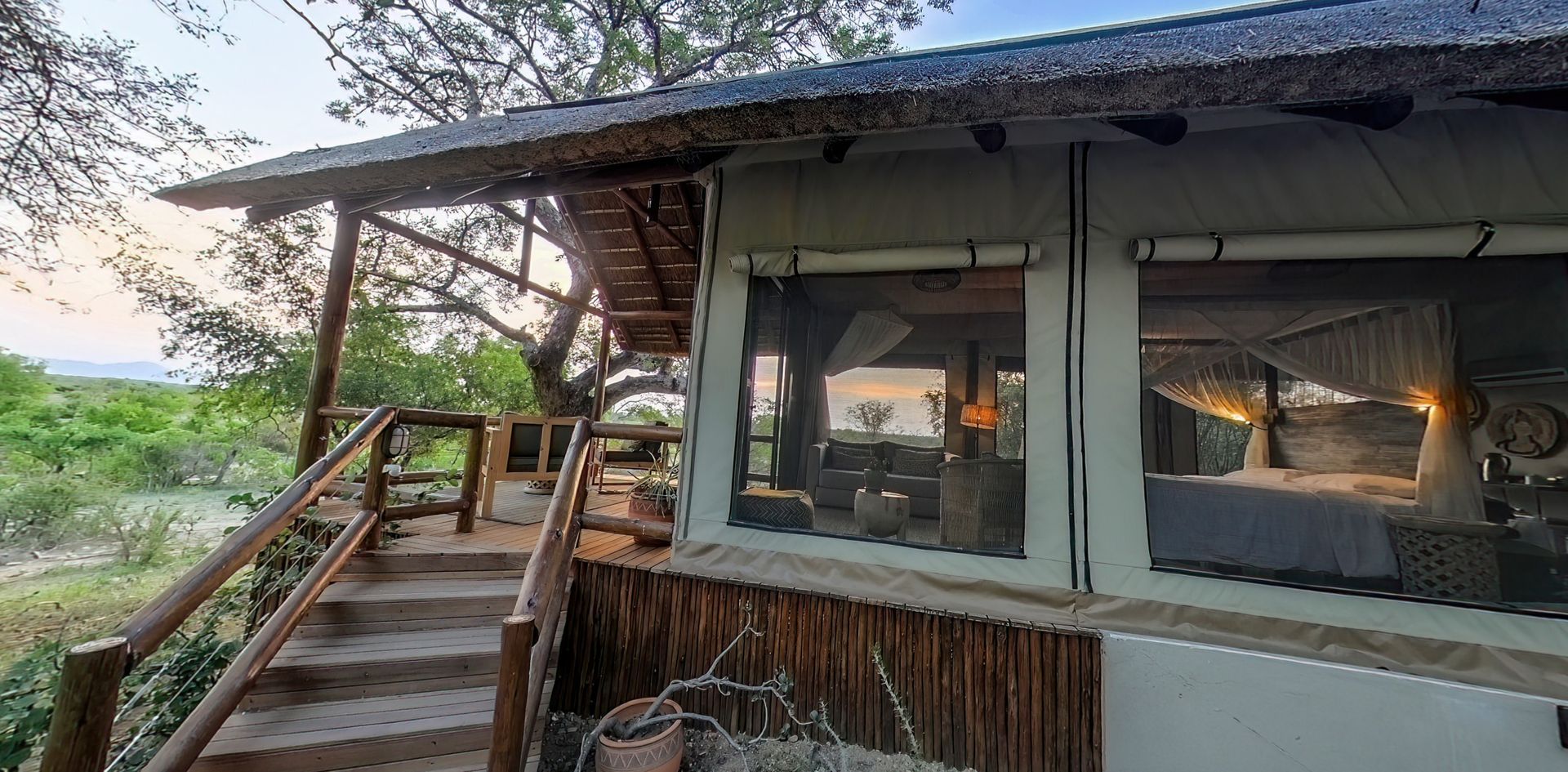
GREATER KRUGER PARK
25 Cambridge
Olifants West Nature Reserve,
Hoedspruit, 1380
Website built by
www.safariweb.online
Contact Us
Tel/Fax: +27 (0)15 793 0098
Emergency (A/H): + 27 (0) 83 682 3331
Email: info@sausagetree.co.za
